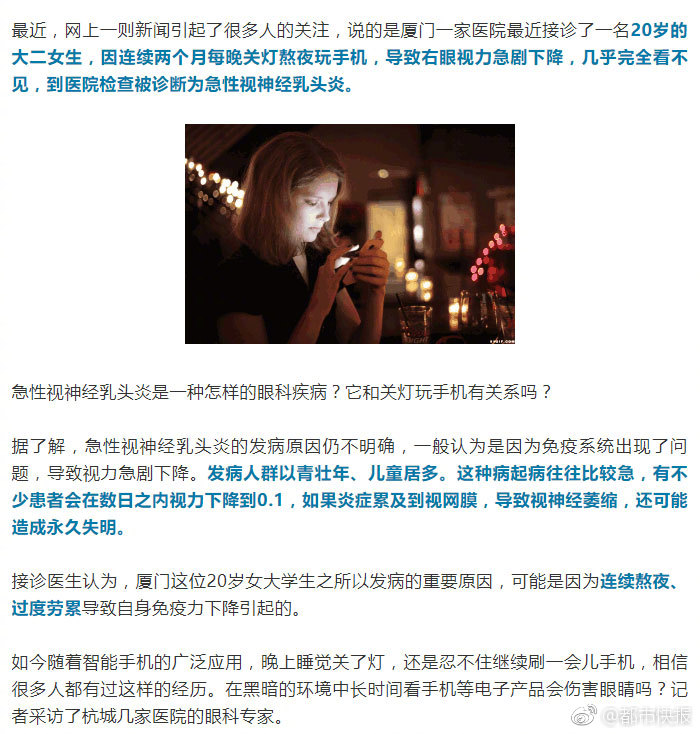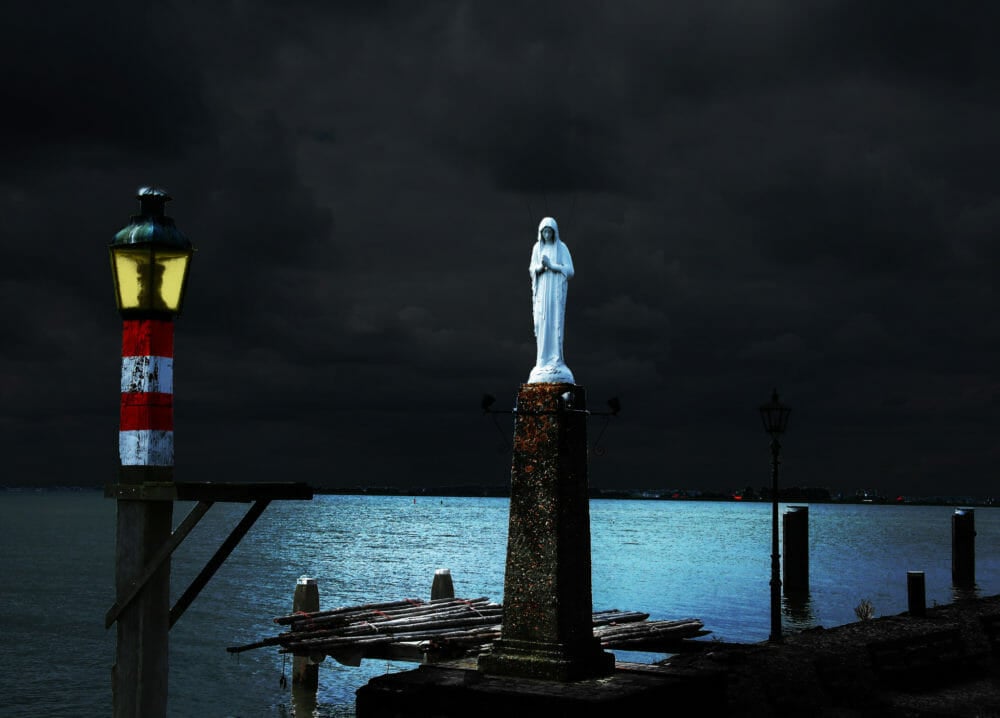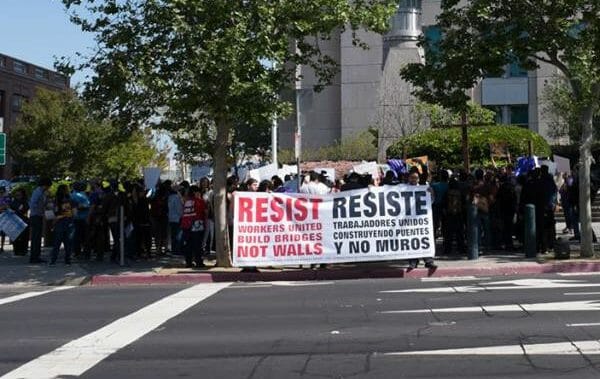"Despacito" is Watch Secret Boutique Onlinea lot of things: it's the song you can't get stuck out of your head, the one playing from every car or set of headphones, and thanks to it's new global streaming record of 4.6 billion streams in only six months, "Despacito" has officially been declared the official song of the summer (sorry, DJ Khaled and Ashad).
The infectious song from Puerto Rico's Luis Fonsi and Daddy Yankee features a remix from global superstar Justin Bieber. Anything touched by the Biebs usually turns gold, but the magical combination of the three of them has launched the already popular song into another stratosphere. It is the first Spanish-language to hit the Billboard Hot 100 chart since 1996's "Macarena," and the remix has only fluctuated from the number one spot a handful of times since it's initial release in May.
But...how? What about "Despacito" (which translates to 'slowly') is making the majority of the world bust a move the moment that slick guitar riff goes off?
SEE ALSO: And the all-time streaming record goes to... you guessed it, 'Despacito'If you like "Despacito," chances are you also have a hard time sitting still whenever Daddy Yankee's "Gasolina" comes on. The 2004 hit isn't Daddy Yankee's first but embodies the rise of reggaeton, a genre with roots in Panama and Puerto Rico that combines Latin and Caribbean music with hip hop influences. "Gasolina" rose quickly on the Billboard charts, eventually peaking at number nine, and opened the door for the crossover potential that we're seeing in "Despacito" today.
Caribbean and Latin influenced music has been a fixture on the Hot 100 charts and on the radio in the past decade, but the rise of reggaeton in these spheres is a different beast fueled by the music industry's desire to sell the popular sound on a larger, global scale. It's increase on Top 40 radio stations is perhaps also influenced rapidly rising Spanish-speaking population (with 56.6 million people of Hispanic origin, Hispanics make up the largest ethnic or racial group in the United States).
For "Despacito," Fonsi has said that he doesn't know what it is about the song exactly that has people connecting to it, but it might have something to do with his attempt to utilize the multitude of influences around him.
"I went into a little bit more of a fusion sound, taking my traditional pop sound and mixing it with a little bit more of my Latin culture, where I'm from, which is Puerto Rico, with a little bit more of the urban flare, especially in the rhythm part," Fonsi told Forbes. But in order to understand why this "mixing" is important, it's also critical to understand the history and current status of reggaeton.
As Maria Sherman writes for Complex, reggaeton is a politically charged genre and "Despacito" is...not. In today's politically fraught environment, the universal themes of seduction and sex found on "Despacito" may be sung in the Spanish but are a part of a trend within the industry that has been making reggaeton (a historically political genre) accessible, ultimately one reason why "Despacito" is in the position it is today.
“The idea that romantic reggaeton is new is not new, it’s always been popular,” assistant professor of American Studies Petra Rivera-Rideau told Fusionin 2016. “That doesn’t mean that the music industry can’t exploit it to use music that was so threatening at one point and make it palatable to audiences that didn’t care about it," Rivera-Rideau, author of "Remixing Reggaeton," a book that explores the genre and it's cultural politics, explained.
Did someone say "palatable"? Enter, Bieber.
The story of how the singer ended up on the song goes like this: the 23 year-old apparently heard the track while on tour, according to Fonsi, and was immediately drawn to it, eventually reaching out and asking to remix the track. Because of it's initial success with Latin music audiences, there was crossover appeal for Bieber.
The Canadian singer has dabbled in reggaeton-influenced music with his hit "Sorry." Alongside the star-power of both Fonsi and Yankee, he landed in the midst of a perfect storm that has undoubtedly contributed to it's record-breaking position today. "Sorry," and it's remix which included reggaeton-pop sensation J Balvin, was just the primer.
"Adding Justin Bieber because of name recognition opened up that specific song and that genre to a whole other world of people who had maybe never heard reggaeton or artists like [Fonsi or Yankee] even though they’ve probably heard all those rhythm," John Lopez, co-coordinator of Latin Music Studies at Texas State University, said. "[Reggaeton] rhythms have seeped into all kinds of music, [people are] just unaware of that the transition or cross pollination has happened," he explained, referencing the "cha cha" rhythm that originated in Latin music can be found in unexpected places—like "Satisfaction" by the Rolling Stones.
As for "Despacito," it is a history told with smooth harmonizing and uncomfortable public appearances by Bieber, who has come under fire for his ridiculous performances of the song. In one video, Bieber is seen singing words like "burrito" and "Dorito" in replace of his verse in Spanish, sparking critics and negative headlines.
Despite Bieber's horrible public interactions with the song, his inclusion elevates the hit to heights that reggaeton and dancehall-influenced Drake, Major Lazer and Rihanna couldn't dream of (though Riri is on DJ Khaled's "Wild Thoughts," which is right behind "Despacito" on the charts and samples legendary Latin American musician Carlos Santana).
It also is simply, a fire track. For a song that is primarily sung in Spanish, spare Beiber's first verse, the song has to be as catchy as it is to have gone as far as it has.
“Even though you don’t understand what we saying, you feel the vibe,” Balvin told The Guardian in 2016. "It’s about the vibes...right now, we breaking those barriers. People are really feeling it and starting to ask: ‘Who is this guy and why does he sound so familiar?” Though Balvin was speaking about reaching success by overcoming language barriers in his own music, the same mentality applies with "Despacito."
This Tweet is currently unavailable. It might be loading or has been removed.
In Forbes, Fonsi discussed "Macarena," the last Spanish-language song that broke records similar to "Despacito." He was 10 years old when it was released, but the impact of the music has stayed with him. "I remember culturally how important that song was, even though people didn't really know what they were saying. It was more about the dance and the movement of it and the cultural side of it. Now I get to be on the other end of it, and it's a blessing," he said.
This Tweet is currently unavailable. It might be loading or has been removed.
"What’s interesting about Latin music rhythms is that is the bridge and crosses all cultures," Lopez, explained. "Even if someone doesn’t speak Spanish, they’re identifying with the rhythm. Everyone who listens is drawn in by the rhythm, the pulse and the danceability," the musician and associate professor said, explaining that yes, the easy to keep up with 4/4 time signature has something to do with it, too. "That’s a common language that all of us speak around the world, that’s the rhythm of music."
Because of it's insane success, it's safe to say that this is not the last time we will be seeing another Spanish-language song—perhaps another reggaeton jam—with or without a palatable guest feature on the charts.
Until then, however...
🎶 DES...PA..CITO.. 🎶
Topics Music
(Editor: {typename type="name"/})
 Gods of War
Gods of War
 In the stuff of nightmares, Robocop is coming to life
In the stuff of nightmares, Robocop is coming to life
 Why the Cleveland Indians have a great shot at winning the World Series
Why the Cleveland Indians have a great shot at winning the World Series
 So that's 3 presidential debates, 0 climate change questions
So that's 3 presidential debates, 0 climate change questions
 Stablecoin bill advances in U.S. Senate as Trump critics call to end his crypto dealings
Stablecoin bill advances in U.S. Senate as Trump critics call to end his crypto dealings
 Paradise Tossed
...[Details]
Paradise Tossed
...[Details]
Trump called Clinton a 'nasty woman' in the debate's closing minutes
 In the penultimate question of the last presidential debate, Hillary Clinton, while discussing Donal
...[Details]
In the penultimate question of the last presidential debate, Hillary Clinton, while discussing Donal
...[Details]
How to play 'Battlefield 1' without pissing off your whole team
 Battlefield 1is no Call of Dutygame.That's not a value judgment; they're just fundamentally differen
...[Details]
Battlefield 1is no Call of Dutygame.That's not a value judgment; they're just fundamentally differen
...[Details]
Clinton schools Trump on how abortions work
 Between sexual assault allegations and painful slurs, it's been a traumatizing election season for m
...[Details]
Between sexual assault allegations and painful slurs, it's been a traumatizing election season for m
...[Details]
 Alienated
...[Details]
Alienated
...[Details]
Knicks star Derrick Rose and two friends cleared in civil sex assault trial
 LOS ANGELES -- A federal civil jury cleared New York Knicks point guard Derrick Rose and two friends
...[Details]
LOS ANGELES -- A federal civil jury cleared New York Knicks point guard Derrick Rose and two friends
...[Details]
Russian hacker arrested in connection to massive LinkedIn attack
 Working in concert with local authorities, the FBI has arrested a Russian man who's suspected of hac
...[Details]
Working in concert with local authorities, the FBI has arrested a Russian man who's suspected of hac
...[Details]
Future MacBook may have a transforming E ink keyboard from Sonder
 Most recent Apple speculation is focused on the possibly of a new MacBook Pro coming next week. But
...[Details]
Most recent Apple speculation is focused on the possibly of a new MacBook Pro coming next week. But
...[Details]
 Interviews for Resistance
...[Details]
Interviews for Resistance
...[Details]
Important Trump guest Wayne Newton is having a fun time at the debate
 Wayne Newton's latest Vegas gig: attending the final presidential debate as Donald Trump's guest.Gra
...[Details]
Wayne Newton's latest Vegas gig: attending the final presidential debate as Donald Trump's guest.Gra
...[Details]
接受PR>=1、BR>=1,流量相当,内容相关类链接。